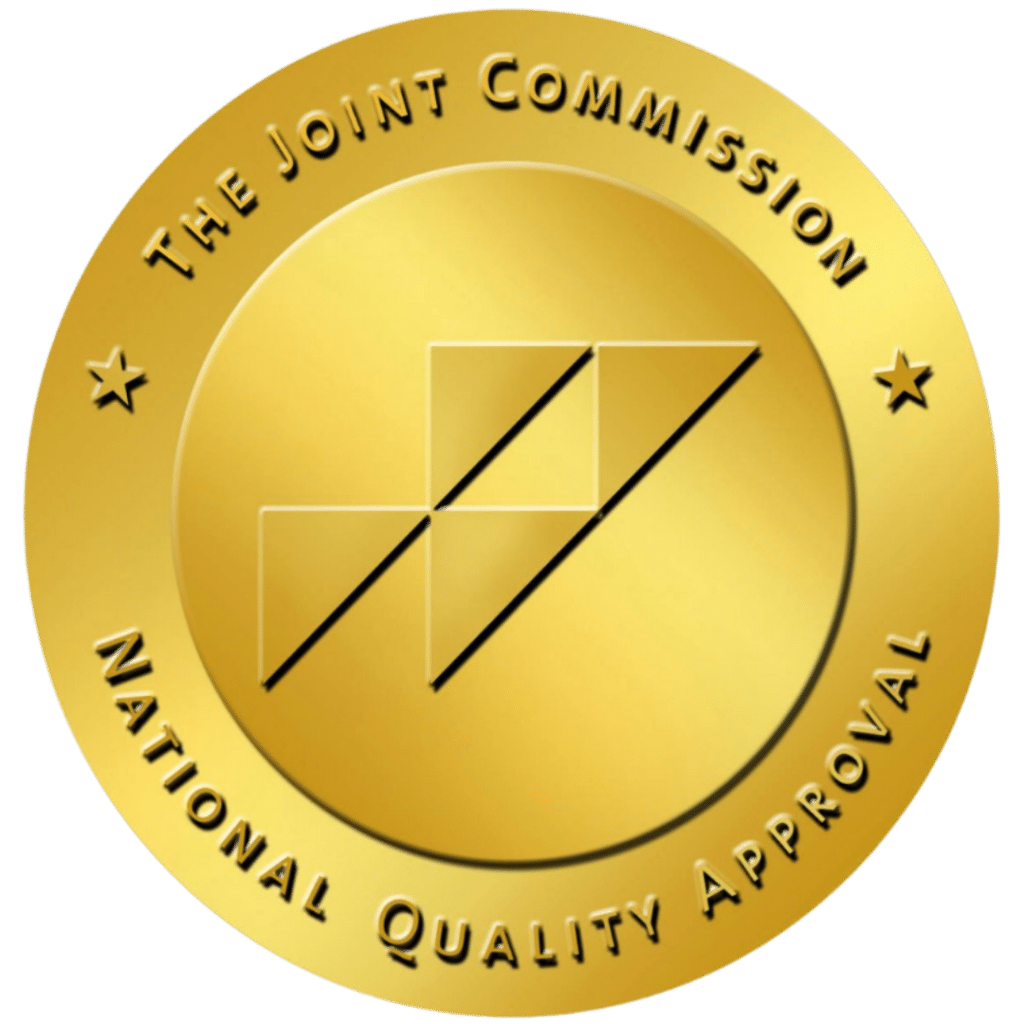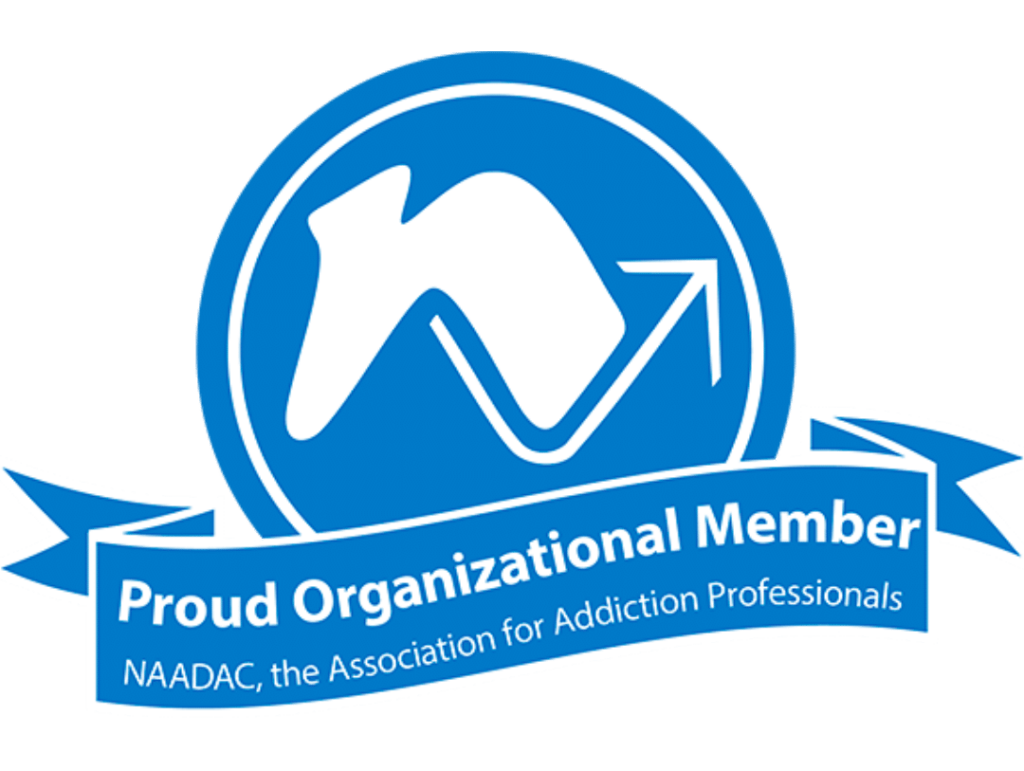Naltrexone is a medication used to treat alcoholism and addiction to opioids. In this article, we’ll explore what you need to know about naltrexone for alcoholism in New Jersey.
What Is Naltrexone?
Naltrexone is an opioid receptor antagonist medication commonly used to treat alcoholism. While originally synthesized by Meossian at Endo Laboratories in 1963 to treat opioid use disorder, it was eventually approved by the FDA to treat alcoholism in 1995. At that point, it was marketed under the name Revia. An intramuscular injection variety known as Vivitrol won FDA approval in 2006.
An opioid agonist is a drug that blocks the brain’s opioid receptors, making it unable to feel the euphoric effects of opioids like heroin. This is to be distinguished from opioid agonists like methadone and buprenorphine, which activate opioid receptors to different degrees, making them essentially a medical form of heroin. By blocking the “reward” that occurs when opioids or alcohol are consumed, naltrexone can help discourage further use.
Since its inception, naltrexone for alcoholism in New Jersey has played an important role in medication-assisted treatment (MAT) protocols, often alongside counseling and social support programs.
What Is Naltrexone Approved to Treat?
Naltrexone is approved by the FDA to treat:
Alcohol Use Disorder
Naltrexone helps reduce the craving for alcohol and the amount of drinking, and it can help prevent relapse when combined with counseling and support.
Opioid Use Disorder
Naltrexone is used after complete detoxification from opioids. It blocks the effects of opioids and prevents the “high,” reducing the likelihood of relapse.
How Does Naltrexone for Alcoholism in New Jersey Work?
Naltrexone binds to the opioid receptors in the brain without activating them, effectively blocking or dampening the effects of opioids like heroin, morphine, or prescription pain relievers. When used for alcohol dependence, naltrexone’s mechanism appears to reduce the rewarding effects of alcohol, lowering the incentive to drink.
What Are the Benefits of Naltrexone for Alcohol Abuse?
Using naltrexone for alcoholism in New Jersey makes it much easier to quit drinking.
Here are two of the benefits:
Reduces Cravings for Alcohol
Opioid receptors in the brain are also activated by alcohol. Because naltrexone blocks those, it blocks the “reward” effects of alcohol, making it less appealing to drink. By reducing the temptation to drink, it helps people with alcohol addiction focus on recovery.
Increased Likelihood for Long-Term Sobriety
When used alongside therapy and support programs, naltrexone can help maintain abstinence and prevent relapse. People who take it experience fewer temptations, fewer heavy drinking days, and longer periods of sobriety. This helps with treatment adherence because it lowers the risk of relapse.
Non-Addictive
Because it is an opioid antagonist rather than an agonist drug like methadone, which simulates opioids, naltrexone is non-addictive. This is a huge benefit since it means you are not potentially trading one substance addiction for another.
Side Effects of Naltrexone for Alcoholism
There are some things to consider when using naltrexone for alcohol addiction in New Jersey. One is the potential side effects. Naltrexone can cause nausea, headaches, dizziness, and fatigue. It may also interact with other drugs – talk to your medical provider about what medications you are currently taking to avoid any interactions.
Finally, it’s important to note that naltrexone is metabolized by the liver and can thus put stress on it. For those with already damaged livers, such as due to acute hepatitis or liver failure, taking naltrexone in New Jersey for alcoholism is not a good idea. Instead, they should consider acamprosate, a drug with a different mechanism and which bypasses the liver.
Self-Assessment: Am I Addicted?
"*" indicates required fields
Would you like help?
Fill up the form below and one of our admissions team members will reach out to you:
"*" indicates required fields
Who Provides Naltrexone for Alcoholism In New Jersey?
Treatment centers such as Footprints to Recovery offer naltrexone for alcoholism in New Jersey. Located in Hamilton Township, New Jersey, Footprints to Recovery offers comprehensive addiction treatment services, including Medication-Assisted Treatment (MAT) and medical detox for alcohol use disorder. Our programs are designed to provide individualized care that addresses both substance use and co-occurring mental health disorders.
Other Medications for Alcohol Abuse In New Jersey
If naltrexone for alcohol addiction in New Jersey is not an option, here are some other MAT alcoholism medications to consider.
Acamprosate
Acamprosate (brand name: Campral) is a medication specifically designed to help individuals maintain abstinence from alcohol after they have stopped drinking. Unlike naltrexone, which works on the brain’s opioid system, acamprosate influences the balance of neurotransmitters in the brain to reduce cravings and withdrawal symptoms associated with alcohol use disorder (AUD). It’s also metabolized by the kidneys, which means it doesn’t put stress on the liver.
Disulfiram
Disulfiram works as a deterrent by causing unpleasant effects when alcohol is consumed. It inhibits an enzyme (aldehyde dehydrogenase) involved in metabolizing alcohol, leading to an accumulation of acetaldehyde, which triggers symptoms such as nausea, vomiting, flushing, and headaches.
Baclofen
Baclofen is primarily a muscle relaxant used to treat spasticity associated with conditions like multiple sclerosis and spinal cord injuries. Its off-label use for alcohol use disorder (AUD) is based on its effects on the central nervous system, specifically its action as a GABA-B receptor agonist.
The Benefits of Alcohol Abuse Treatment in New Jersey
Alcohol abuse treatment offers people the chance to regain control of their lives and rebuild their health and relationships. In New Jersey, access to high-quality treatment facilities and comprehensive care ensures that individuals struggling with alcohol use disorder (AUD) have the support they need to recover.
Naltrexone As Part of an Overall Alcohol Abuse Recovery Plan
As part of a wider treatment program, naltrexone for alcoholism in New Jersey offers people the chance to regain control of their lives and rebuild their health and relationships. It effectively manages cravings and reduces the chance of relapse by blocking alcohol’s euphoric effects. By neutralizing temptation, this allows people to focus on recovery and benefit from the range of therapies available to treat addiction at its roots.
Psychotherapy for Alcohol Addiction
Psychotherapy, also known as talk therapy or just “therapy,” plays a critical role in treating alcohol addiction, as it helps the person understand the psychological, emotional, and behavioral drivers of their addiction. Examples of effective therapy modalities for AUD include cognitive behavioral therapy (CBT) and dialectical behavior therapy (DBT), among others.
By helping individuals understand and change harmful thought patterns and behaviors, psychotherapy empowers them to achieve and maintain sobriety. They complement the work of MAT drugs like naltrexone.
Holistic Therapy for Alcohol Addiction
Holistic therapy takes a whole-person approach to recovery, addressing not just the addiction but also the physical, emotional, and spiritual aspects of a person’s well-being. It complements traditional treatments like psychotherapy and medication, offering additional tools for healing and personal growth.








